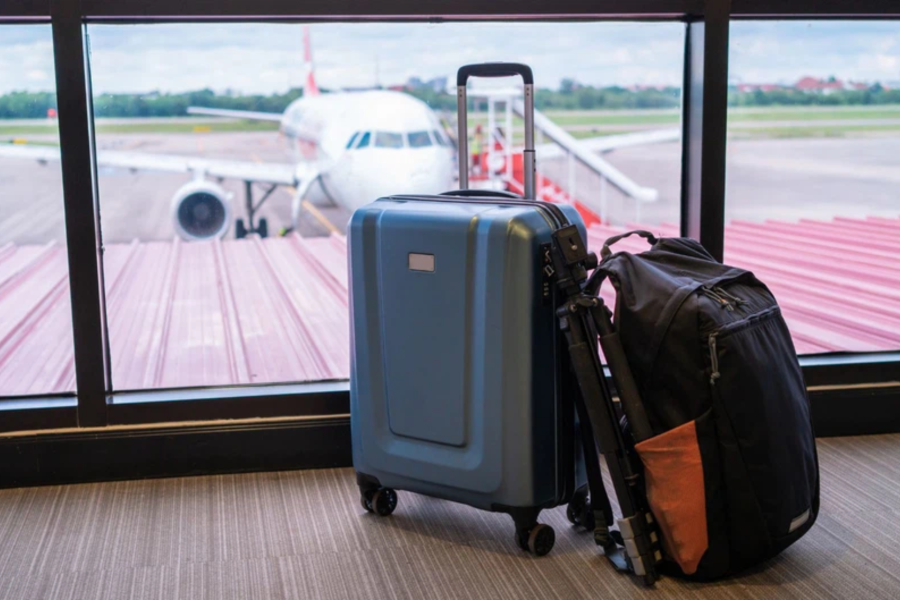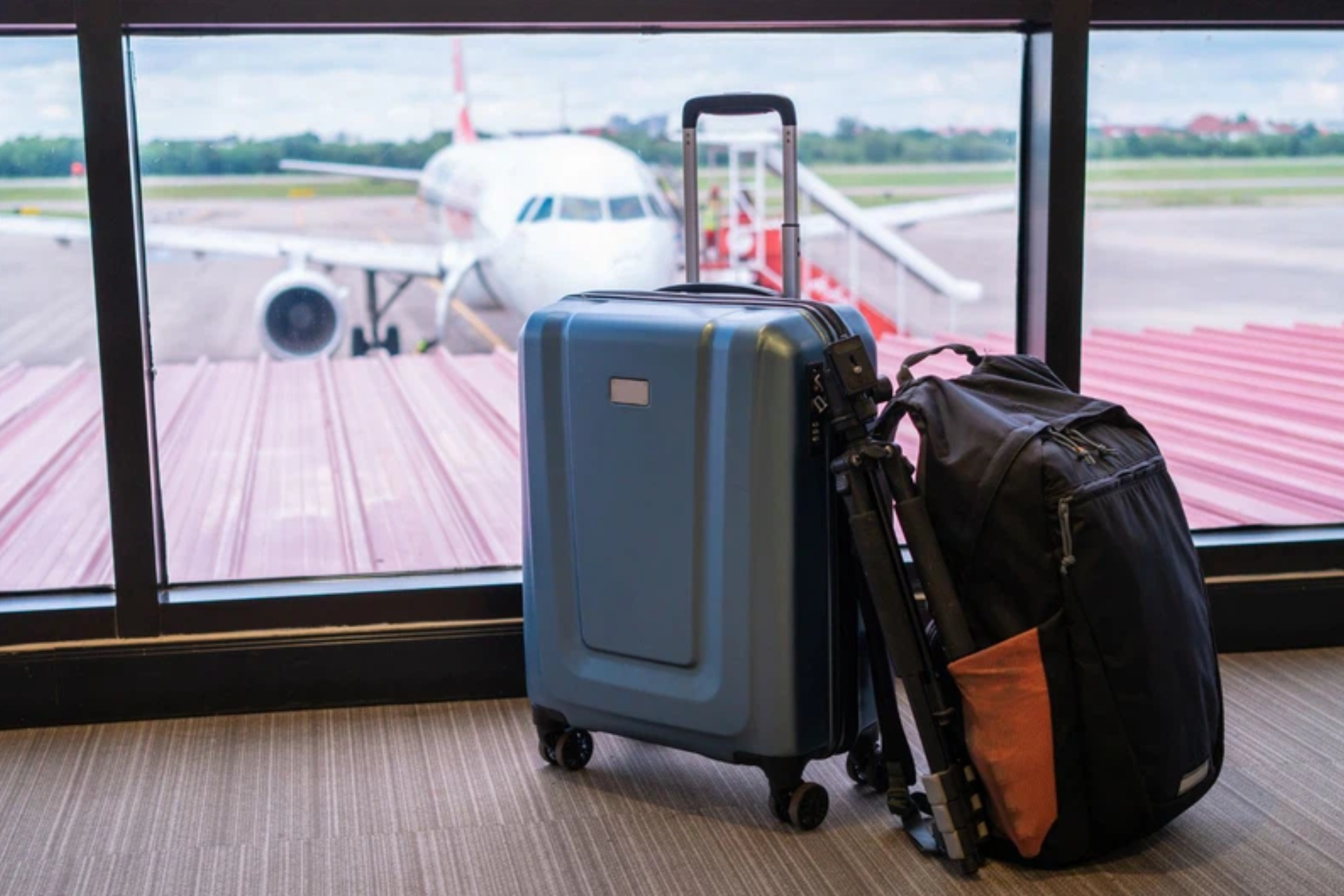
Higher departure taxes for airline passengers travelling to UK
Passengers travelling to the UK will have to fork out around R 2200 for economy class flights and R 4830 in higher classes extra on airport departure taxes from 1 April.

Airport departure taxes when flying out of the United Kingdom (UK) are set to increase at the beginning of next month.
This tax levied on passengers flying from the UK to South Africa is set to rise to nearly R 2200 per adult economy-class passenger.
UK AIRPORT DEPARTURE TAX
The UK is a popular destination for South Africans considering the two countries have close cultural connections.
Paying this hefty tax to exit the UK is a bitter pill to have to swallow.
The UK’s Air Passenger Duty (APD) on flights to South Africa is almost as much as a return economy class flight between Johannesburg and Cape Town, out of peak season.
AIR PASSENGER DUTY
Air Passenger Duty (APD) is a tax paid by passengers taking flights from UK airports.
It was first introduced in 1994 and was mainly intended to raise money, rather than for environmental reasons.
However, the initiative has been considered to have environmental benefits by discouraging people from taking certain flights.
VARIOUS AMOUNTS PAYABLE
The amount of Air Passenger Duty that is added to the cost of a ticket depends on two factors. These include the distance of the flight and the class in which passengers fly.
There are four basic categories when talking about APD:
- Domestic – England, Northern Ireland, Scotland, Wales
- Band A – 0km to 3 219km
- Band B – 3 220km to 8 850km
- Band C – more than 8 850km
APD applies to all passengers older than 16 when flying out of the UK.
Travel News states that passengers flying in economy class pay a ‘reduced’ rate.
Passengers in premium economy, business, and first class pay a ‘standard’ rate on scheduled flights.
INCREASED AIRPORT DEPARTURE TAX
Currently, travellers in Bands B and C are charged GBP 91 (R2 175) in economy class, and GBP 200 (R4 780) in higher classes.
From 1 April this year, these taxes will increase. The reduced rate will rise by GBP 1 (R24) and the standard rate will increase by GBP 2 (R48).
This means the departure tax payable for economy class will be GBP 92 (R 2200) and GBP 202 (R 4830) for higher classes.
FURTHER APD INCREASE IN 2025
The UK’s Chancellor of the Exchequer also announced another increase in his 2024 budget speech. This will apply from 1 April 2025.
In 2025, Band C passengers flying in premium cabins will pay an extra GBP 22 (R525) but APD for economy-class passengers will not be increased in 2025.
FLYING FROM UK TO SA
Passengers flying to South Africa from the UK fall into Band C, owing to South Africa’s distance from the UK.
This means that departing from the UK by air is a costly affair. However, the amount of APD paid depends on the class that passengers travel in.
ENVIRONMENTAL BENEFITS?
While many think that APD is used to fund environmental initiatives, it would appear that this is not the primary motivation behind the tax.
The levying of this tax on air travellers might have some impact on discouraging air travel but it has generally not significantly impacted air travel behaviour.
According to BBC, the government said in 2003 that when the tax was introduced its principal purpose was to raise revenue from the aviation industry but with the anticipation that there would be environmental benefits through its effect on air traffic volumes.
Meanwhile, South Africa’s airports are set for upgrades as part of the R 21.7bn airport infrastructure investment.
